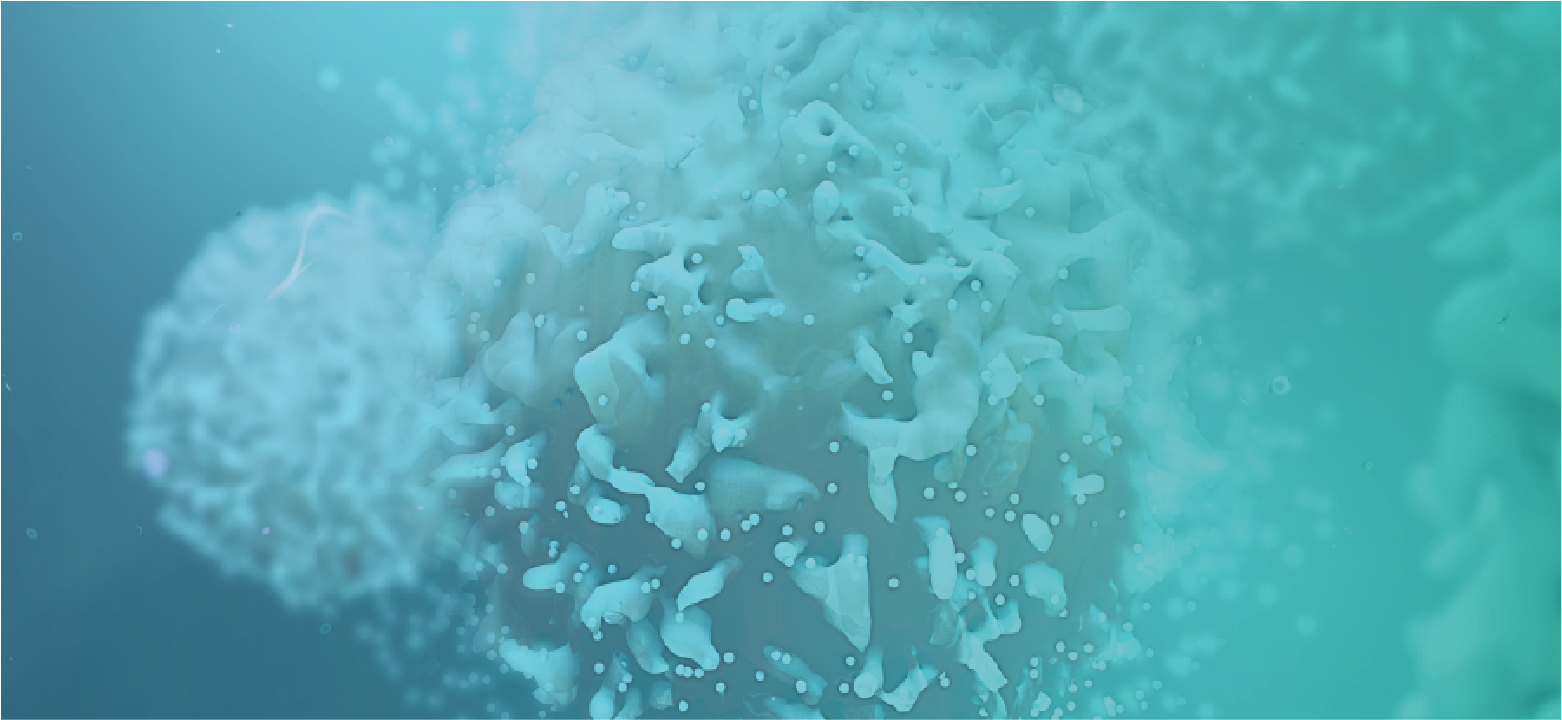The cello … or cancer research?
There was a time when Dr. McLane Watson walked a tightrope, trying to decide between the two.
While music aficionados may never know the heights to which he might have soared as a professional cellist, scientists already are celebrating Watson’s potential in the world of cancer research, a path he decided to follow as a college freshman.
“It’s not that I gave up the cello entirely,” says Watson, a postdoctoral fellow at Van Andel Institute in Grand Rapids, Michigan. “I actually majored my first year in college both in music and biology. But it’s cancer research I chose to make a career of.”
In relatively short order, the Colorado native, who also goes by “Mac,” has distinguished himself among the brightest of his peers. In January, he earned one of just 14 Damon Runyon Fellowship awards from the distinguished Damon Runyon Cancer Research Foundation, which has been bestowing financial awards to promising scientists for 75 years. The fellowship will provide $252,000 over the course of four years to support Watson and his work.
Watson’s road to becoming a researcher was rather circuitous. Long before he developed an affinity for the sciences, he took an early interest in the cello, adopting it as his instrument during fifth grade while attending school in Louisville, Colorado.
“My thinking at the time was that ‘I really don’t want to learn any instrument,’ but the alternative was going to the library during band class and writing book reports,” Watson said. “They showcased all the instruments, and I just thought the cello sounded pretty cool.”
He embraced it not only for band and orchestra at school, but took private lessons and played in a second youth symphony orchestra outside the classroom. Classically trained, he was especially drawn to playing Bach cello suites.
While flourishing in music, biology got his attention during his time at Monarch High School, thanks largely to a gifted teacher.
“She’s an awesome biology teacher, and she actually secured some funding to pilot a course on biotechnology that went beyond the AP biology class,” Watson said. “That’s where I got to see all the different practical applications of biology. I liked science, but I wasn’t sure what people did with it until then.”
What “people did with it,” Watson learned, included cancer research, and that piqued his interest even before graduating high school. He was further motivated over time as he mourned the death by cancer of his grandmothers and an uncle. Motivation that compounded following his mother’s past battle with breast cancer.
His love of music and biology led him to Hope College in Holland, Michigan, where he initially majored in both.
“I was testing the waters, and finding both super fun and challenging,” Watson said. “In the end, though, I decided I wanted to focus on biology.”
His journey to becoming a scientist ramped up with two summer internships he served at VAI while a Hope undergrad in 2013 and 2014.
After graduating in 2015, he joined the lab of Dr. Cindy Miranti, then at VAI, as a technician for a year, and subsequently enrolled in graduate school at the University of Pittsburgh. He earned his Ph.D. there in 2021 and, over the past year, has worked in the lab of Dr. Russell Jones, chair of VAI’s Department of Metabolism and Nutritional Programming. Watson also was one of the first postdoctoral fellows named to VAI’s Cancer Epigenetics Training Program, a highly competitive, federally funded effort to train the next generation of leading cancer scientists.
Watson’s work focuses on understanding how T cell metabolism may influence T cell function through epigenetic mechanisms. His goal is to improve immunotherapies, which leverage the body’s inherent ability to defend itself to fight cancer. He calls VAI “the coolest place ever” and emphasizes that “it’s not just the building and labs, but the resources available there.”
He also is impressed with its culture — namely, how “everything is streamlined and well-organized. If you have an issue or need something, you know exactly who to consult.”
He’s also a student of VAI’s history, and how it debuted as something of a “disruptor” among other research facilities, citing a desire to be a renegade for the sake of people with cancer and neurodegenerative diseases like Parkinson’s.
“I think that was an extremely risky move,” Watson said, “But one that has paid off immensely.”
“There is no other place like Van Andel Institute,” he adds, and that includes its focus on epigenetics, “a big part of why the modern VAI is such a success, because it’s given the Institute critical mass to be recognized for one significant thing along with its other entities.”
Watson also is taken with VAI’s penchant for collaborating with other scientists and educators worldwide: “To hoard for the sake of personal fame and fortune doesn’t help everyone. Sharing should be our number one priority.”
When Watson isn’t buried in work at VAI — he claims to keep a messy yet organized workplace “tornado”— he enjoys time with Carli, his wife of seven years, and perfecting home brew recipes.
The couple also enjoys a six-pound poodle who’s being trained to serve as a therapy dog, as Carli Watson has a private practice in behavioral health.
The dog’s name? That’s elementary, given that “Mac” is formally known as “Dr. Watson.”
Sit, Sherlock, sit.
McLane Watson is a Damon Runyon Fellow supported by the Damon Runyon Cancer Research Foundation (DRG-#2495-23).
The Cancer Epigenetics Training program is supported by a National Cancer Institute T32 training grant (no. T32CA251066). The content is solely the responsibility of VAI and does not necessarily represent the official views of the National Institutes of Health.
